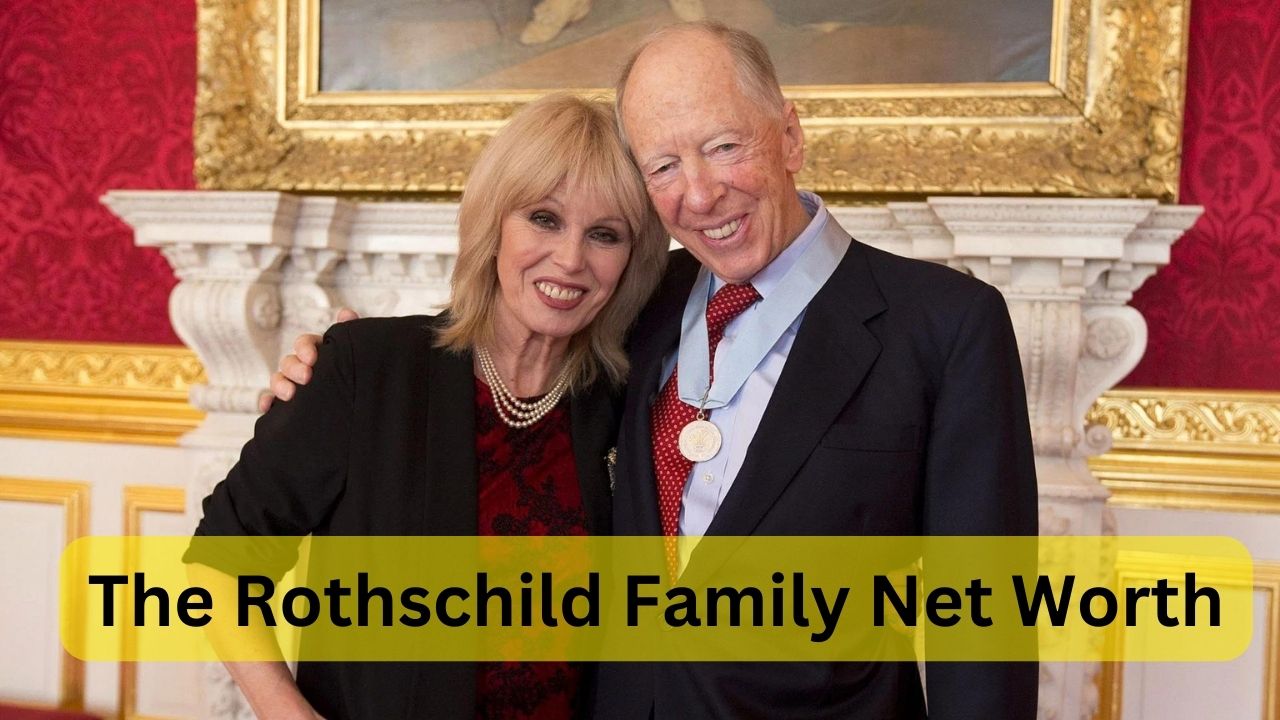
The Rothschild Family Net Worth: An Examination of Wealth and Influence
The Rothschild family, synonymous with immense wealth and power, has captivated the world for centuries. Originating in the Frankfurt ghetto, the Rothschilds have built a financial empire that spans continents and industries. This article delves into the net worth of the Rothschild family, exploring their historical background, key business ventures, and the factors contributing to their lasting influence.
Historical Background
Origins in Frankfurt
The Rothschild dynasty began with Mayer Amschel Rothschild, born in 1744 in Frankfurt, Germany. Mayer Amschel established a banking business that would lay the foundation for the family’s future wealth. By the early 19th century, his five sons expanded the business across Europe, establishing branches in London, Paris, Vienna, Naples, and Frankfurt.
Expansion Across Europe
Each Rothschild brother played a critical role in expanding the family’s banking operations. Their ability to communicate and coordinate across borders allowed them to finance major governments and projects, earning them immense profits and influence. The Rothschilds became known for their shrewd investments and innovative financial practices.
Financial Empire
Banking and Finance
The cornerstone of the Rothschild family’s wealth has always been their banking operations. Their financial prowess was evident during the Napoleonic Wars when they funded both sides, ensuring profits regardless of the outcome. The family’s London and Paris branches, in particular, became prominent players in European finance.
Key Investments and Ventures
The Rothschilds diversified their investments beyond banking. They invested in railways, mining, and energy sectors, significantly expanding their wealth. Their ventures into these industries were marked by strategic foresight and a willingness to take calculated risks.
Real Estate Holdings
European Estates
The Rothschilds own some of the most magnificent estates in Europe. Their properties in the United Kingdom, such as Waddesdon Manor, and in France, like Château de Ferrières, are renowned for their opulence and historical significance. These estates not only represent their wealth but also their cultural influence.
Global Properties
In addition to European holdings, the Rothschilds have acquired properties around the world. Their real estate portfolio includes luxury homes, commercial properties, and vast tracts of land, further cementing their status as one of the wealthiest families globally.
Philanthropy and Cultural Impact
Art and Collectibles
The Rothschild family has a long history of patronage in the arts. They have amassed significant art collections, including works by famous painters and sculptors. Their support for the arts has helped preserve cultural heritage and fostered artistic endeavors.
Charitable Contributions
Philanthropy has always been a core value of the Rothschild family. They have established numerous foundations and charitable organizations focused on education, science, and social causes. Their philanthropic efforts have had a lasting impact on society, reflecting their commitment to giving back.
Current Net Worth
Estimating Wealth
Estimating the exact net worth of the Rothschild family is challenging due to the private nature of their financial dealings and the diversified nature of their assets. However, various estimates place the family’s combined net worth at over $400 billion. This includes their banking enterprises, real estate holdings, investments, and other assets.
Key Family Members
- Jacob Rothschild: Chairman of RIT Capital Partners, one of the leading independent investment trusts.
- David René de Rothschild: Chairman of Rothschild & Co, a major financial advisory group.
- Benjamin de Rothschild: (1953-2021) Led the Edmond de Rothschild Group, specializing in private banking and asset management.
These individuals, along with other family members, continue to play significant roles in managing and expanding the family’s wealth.
Factors Contributing to Wealth
Strategic Marriages and Alliances
The Rothschilds have historically strengthened their financial and social standing through strategic marriages and alliances. They secured powerful connections and consolidated their wealth by intermarrying within the European aristocracy and influential families.
Innovative Financial Practices
The Rothschilds were pioneers in many financial practices that are standard today. Their use of bonds, letters of credit, and other financial instruments allowed them to efficiently manage and transfer funds across borders. Their innovative approach to finance set them apart from their contemporaries.
Political Influence
The Rothschilds have wielded considerable political influence throughout history. Their ability to finance governments and major projects gave them leverage in political spheres. This influence was not just limited to Europe but extended globally, affecting economic policies and international relations.
Controversies and Conspiracies
Perceptions of Power
The immense wealth and influence of the Rothschild family have made them subjects of numerous conspiracy theories. These theories often exaggerate their control over global finance and politics, contributing to their mystique and the public’s fascination with them.
Criticism and Legal Issues
Like many powerful families, the Rothschilds have faced criticism and legal challenges. Accusations of monopolistic practices, exploitation, and other unethical behaviors have been leveled against them. Despite this, their ability to navigate these challenges has further solidified their resilience and enduring wealth.
Legacy and Future
Enduring Influence
The Rothschild family’s influence extends beyond their financial empire. Their contributions to the arts, sciences, and philanthropy have left a lasting legacy. Their story is a testament to the power of strategic vision, innovation, and adaptability.
Future Generations
The current generation of Rothschilds continues to manage and grow the family’s wealth. They remain active in banking, finance, and various industries, ensuring that the Rothschild legacy endures. Their commitment to philanthropy and cultural patronage also continues, reflecting the values instilled by their ancestors.
Conclusion
The Rothschild family’s net worth is a reflection of centuries of strategic financial decisions, innovative practices, and a keen understanding of global markets. From their humble beginnings in Frankfurt to their current status as one of the wealthiest families in the world, the Rothschilds have consistently demonstrated an ability to adapt and thrive. Their legacy of wealth, influence, and philanthropy ensures that their name will remain prominent for generations to come.
